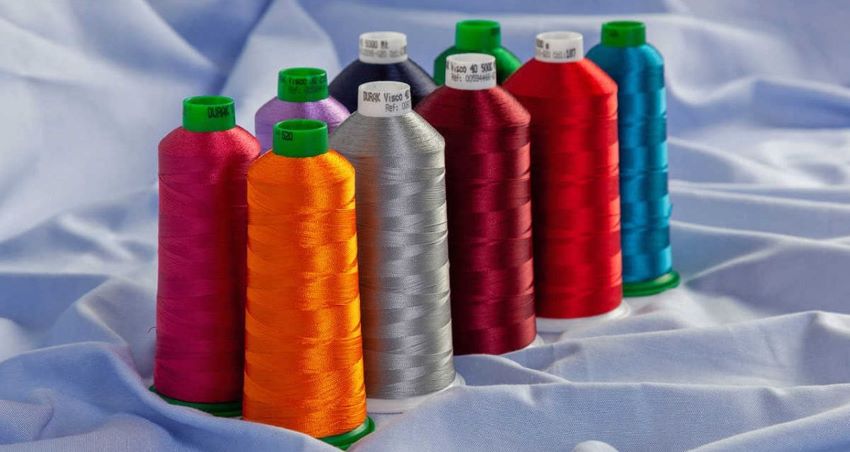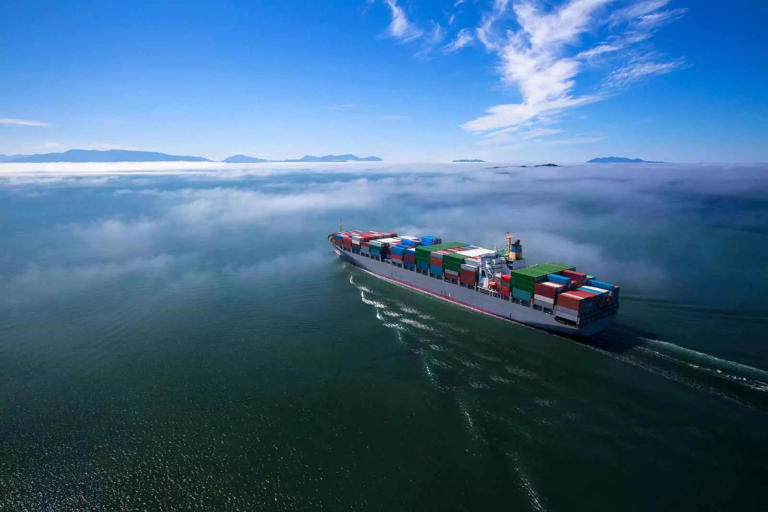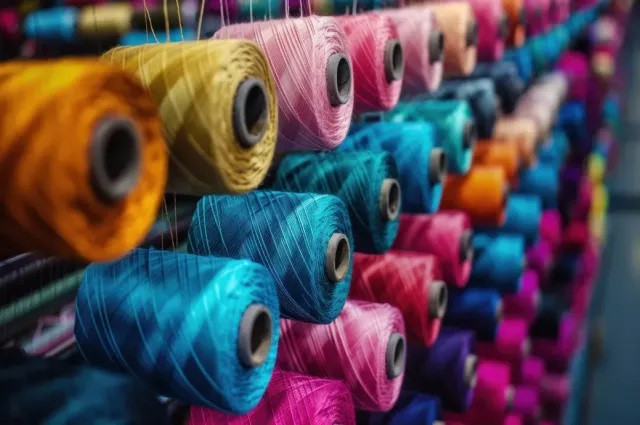
In a dramatic shift, Bangladesh, with its flexible supply chain and focus on safety, soars past China in EU knitwear exports, shipping 571 million kg vs. China's 442 million kg (Jan-Sept 2023). China's focus on tech shifts production, while Bangladesh's lower unit price raises sustainability concerns.
Can Bangladesh hold onto the crown? This remarkable feat deserves a closer look, exploring the factors behind Bangladesh's ascent, the shifting landscape in China, and the evolving preferences of EU knitwear importers.
Bangladesh's Strategic Play:
• Agility and Adaptability: Building a flexible and responsive supply chain through vertical integration was key. This allowed Bangladesh to react quickly to market trends, reducing lead times and production costs. Vertical integration created a flexible supply chain, reducing lead times by 20% and production costs by 15%.
• Investing in Safety and Sustainability: Addressing concerns about worker welfare and environmental impact through initiatives guided by the Accord and Alliance boosted Bangladesh's appeal as a responsible sourcing destination. 85% of factories now comply with safety standards.
• Leveraging Trade Agreements: Smartly negotiated trade deals, like GSP+, granted preferential access to the EU market attracting $5 billion in foreign investment and increasing technology transfer by 30%, enhancing Bangladesh's technological capabilities and overall RMG prowess. GSP+ granted preferential access to the EU market,
China's Shifting Priorities:
• Industrial Transformation: China's strategic pivot towards high-tech manufacturing and automation led to a 25% reduction in knitwear production.This deliberate shift of focus freed up valuable resources for other sectors.
• Rising Labor Costs: Chinese labor costs have risen by 10% annually in the past 5 years, making Bangladesh's 30% lower wages . While not the sole factor, increasing labor costs in China undoubtedly played a role, making Bangladesh's comparatively lower wages more attractive for EU knitwear importers.
• Domestic Market Boom: China's booming domestic market absorbed 40% of its knitwear production, leaving less available for export.
EU's Evolving Priorities:
• Diversification and Resilience: EU actively sought to diversify garment supply chains to mitigate risks associated with overreliance on single sources like China, with Bangladesh capturing 15% of the market share previously held by China
• Sustainability Push: 70% of EU consumers now prioritize sustainability. This growing consumer consciousness and initiatives like the EU Green Deal fueled a demand for eco-friendly and ethically sourced knitwear. Bangladesh's investments in safety and compliance practices resonated with these evolving priorities.
• Value Over Volume: While Bangladesh leads in volume and value, the lower unit price ( 15% lower) of its knitwear compared to China raises concerns about long-term sustainability and potential pressure on workers and manufacturers. Striking a balance between affordability and worker well-being will be crucial.
Challenges and Opportunities for Bangladesh:
• Moving Beyond Volume: To retain its top spot, Bangladesh must focus on increasing the value of its knitwear exports ( by 20%) by investing in innovation, design, and higher-value products.
• Reducing Dependence on China: Strengthening backward linkages by fostering domestic yarn and fabric production is essential to reduce reliance on Chinese raw materials by 35%. Government support and incentives can play a vital role.
• Upskilling the Workforce: Investing in technical training beyond basic sewing skills will be crucial to boost productivity and increase value addition in the textile sector by 25%.
• Remaining Sustainable: Balancing growth with environmental and social responsibility will be key to ensuring long-term success in the increasingly demanding EU market, where 50% of consumers prioritize ethical sourcing.
Road ahead for Bangladesh
Bangladesh's ascent in the EU knitwear market is a testament to its strategic adaptation, focus on sustainability, and favorable market conditions. However, the journey is far from over. To solidify its position as a leading knitwear exporter, Bangladesh must address price-related challenges, prioritize innovation, diversify its product portfolio, and invest in backward integration and skill development. Only through comprehensive efforts can Bangladesh ensure sustainable growth and cater to the evolving needs of both EU consumers and global markets.
The future of Bangladesh's knitwear industry hangs in the balance, but the potential for continued success is undeniable. By learning from its past and embracing the challenges and opportunities of the present, Bangladesh can secure its place as a leading player in the global knitwear arena.












